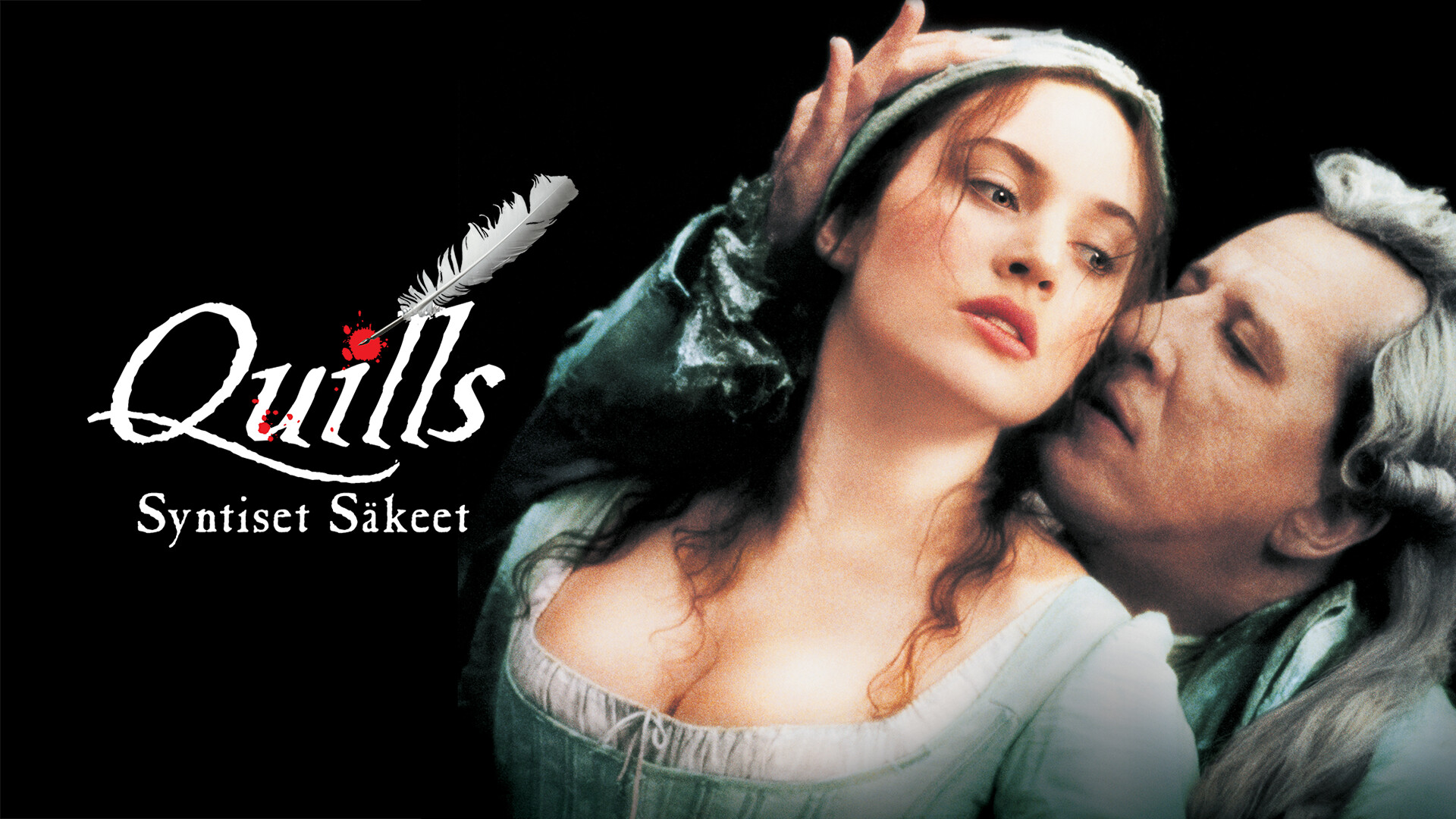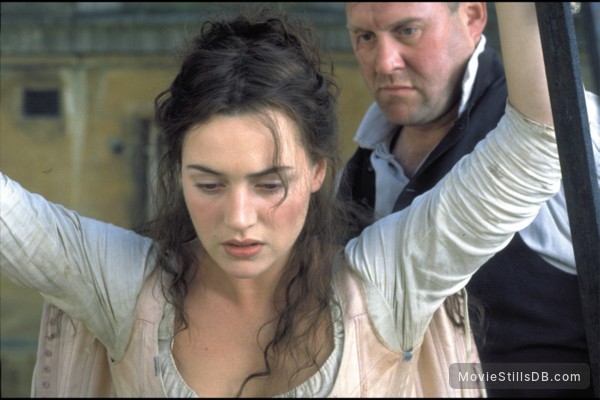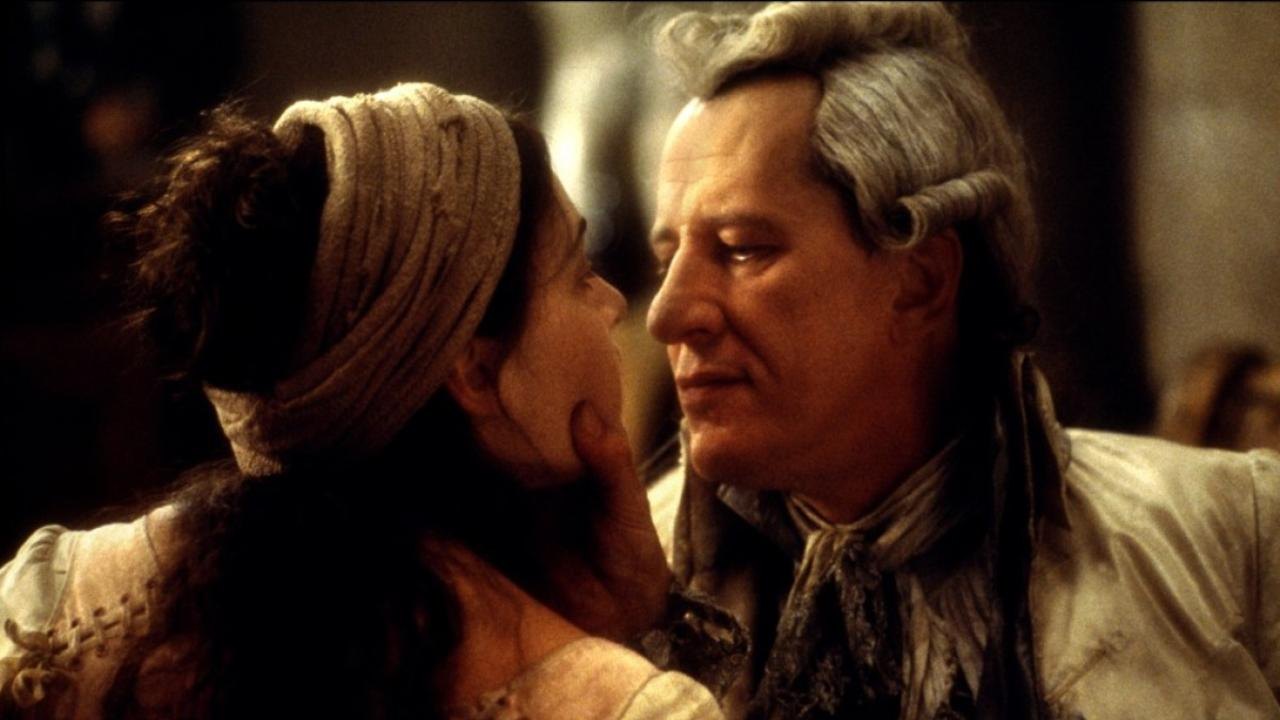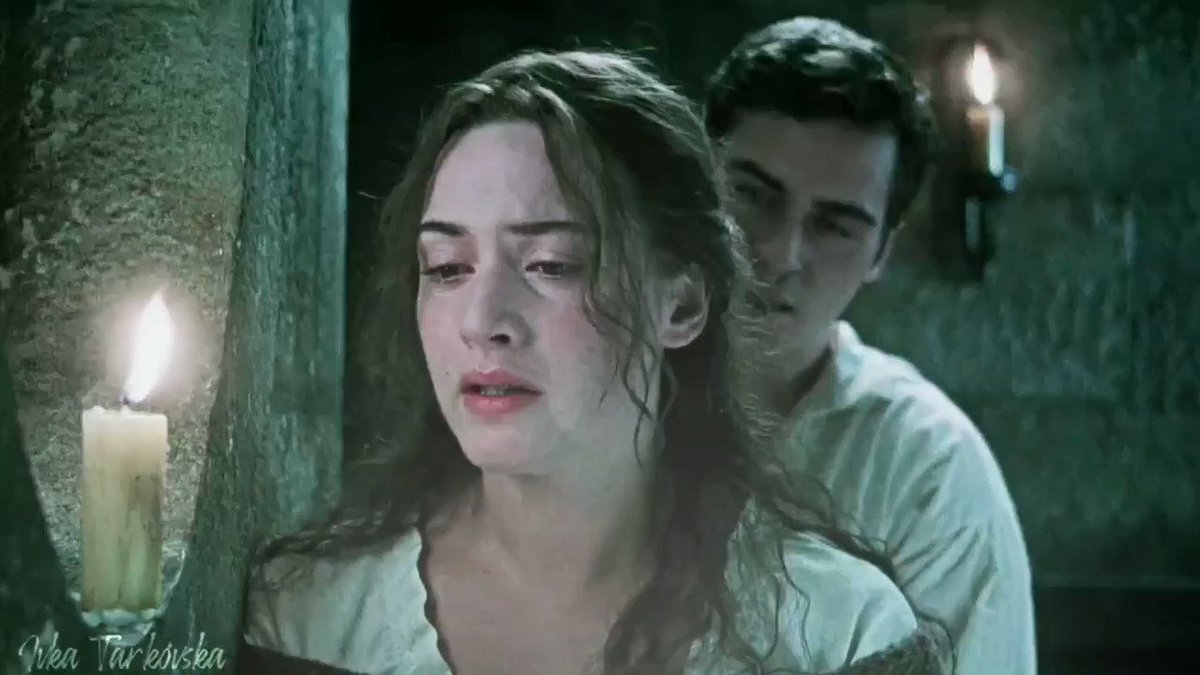Quills (2000)

Quills is a 2000 period drama directed by Philip Kaufman and adapted from Doug Wright’s 1995 Obie Award-winning play. Wright also wrote the screenplay for the film, bringing his sharp, provocative writing to the big screen. Set in 18th-century France, the film tells the controversial and passionate story of the life of the infamous writer, the Marquis de Sade. Played by Geoffrey Rush, the Marquis de Sade is a libertine and notorious figure known for his scandalous writings that pushed the boundaries of sexual expression and moral decay. The film explores themes of freedom, repression, and the power of art and sexuality.
The plot of Quills centers on the fictionalized life of the Marquis de Sade during his time in the Charenton Asylum. While confined, he continues to write and engage in explicit acts that scandalize society. His writings, which challenge the moral norms of the time, attract the attention of Madeleine, a laundress played by Joaquin Phoenix’s love interest, who becomes both a lover and muse to the Marquis. As the two become romantically involved, Madeleine’s life becomes entangled with the libertine’s controversial work, leading to an exploration of forbidden desires, power, and the consequences of their actions.
Geoffrey Rush’s performance as the Marquis de Sade is mesmerizing, showcasing his ability to bring depth and complexity to a character that is both repulsive and charismatic. Rush captures the Marquis’s intellectual passion and defiant spirit, portraying a man who seeks to challenge the conventions of society and engage in unrestrained self-expression. His portrayal is both provocative and tragic, highlighting the tension between his intellectual pursuits and his personal demons. The chemistry between Rush and Joaquin Phoenix, who plays the compassionate Dr. Royer-Collard, is one of the driving forces of the film, as it portrays the complex struggle between reason and desire.

The film’s portrayal of the relationship between the Marquis and Madeleine (played by Kate Winslet) adds an emotional layer to the story. Winslet’s character is a woman caught between her own desires and the oppressive norms of the time. Madeleine’s involvement with the Marquis is not just about a physical affair, but also about her own journey of sexual liberation and self-discovery. The power dynamics between the two characters highlight the tension between freedom and control, with Madeleine ultimately becoming a symbol of both the exploitation and the empowering potential of sexual expression.

Visually, Quills is a striking film. The 18th-century French setting is beautifully recreated, with lavish costumes and detailed set designs that evoke the decadence and sensuality of the time. Kaufman uses color and lighting to emphasize the emotional tone of each scene, with the darkness of the asylum contrasting with the vibrancy of the Marquis’s writings and desires. The visual style mirrors the film’s themes of repression versus liberation, and the contrast between the two worlds in which the characters exist.

In conclusion, Quills is a bold, provocative film that delves into the complexities of art, freedom, and sexuality. Through strong performances, particularly by Geoffrey Rush and Kate Winslet, and its striking visual style, the film explores the boundaries of moral and social conduct in a repressive society. The story of the Marquis de Sade serves as a powerful metaphor for the challenges of self-expression and the consequences of living authentically in a world that seeks to silence dissent. Although controversial and challenging, Quills is a film that raises important questions about the role of art and sexuality in society, making it a memorable and thought-provoking cinematic experience.











